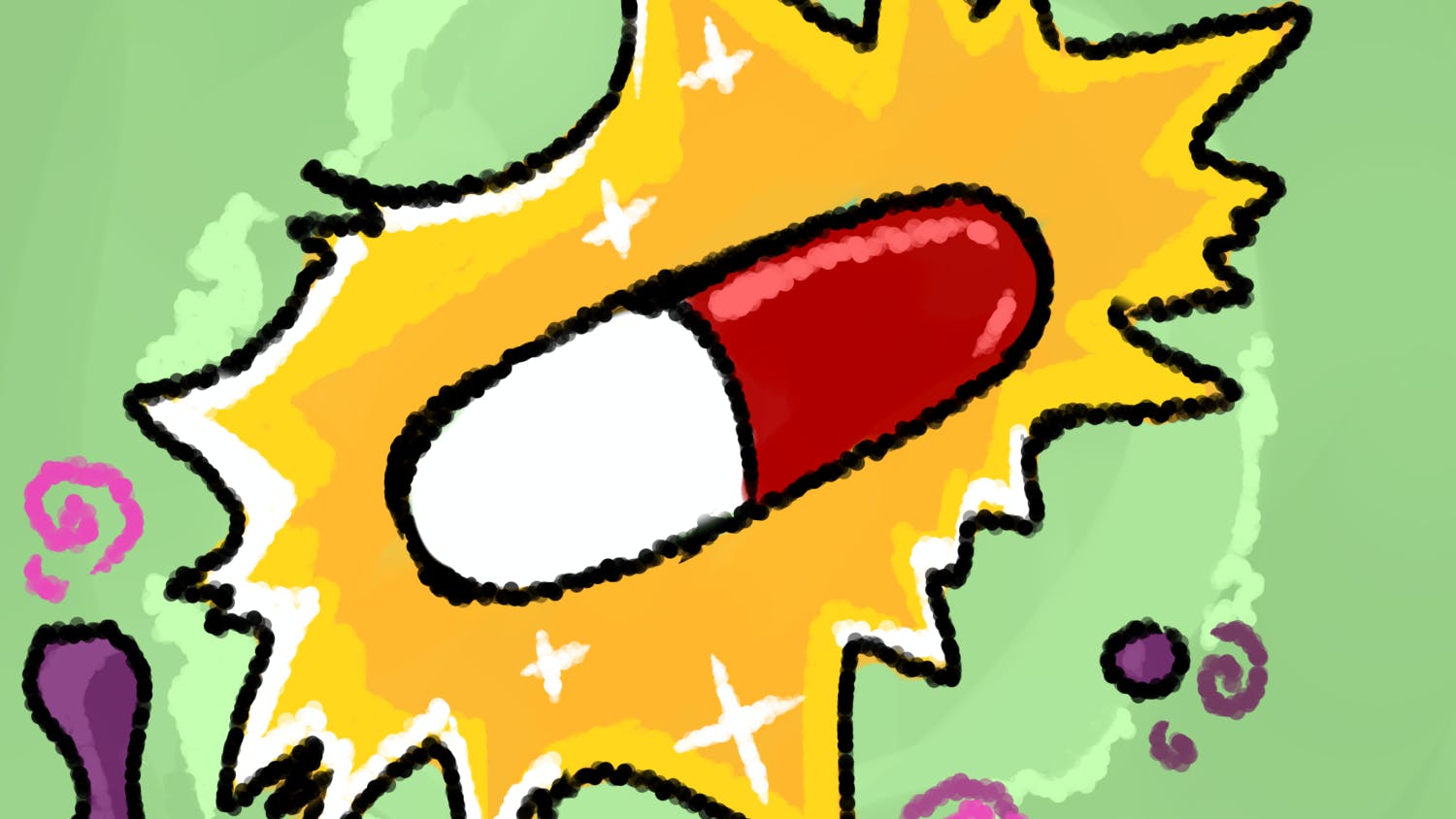Humans have not stepped onto the Moon since NASA’s final Apollo mission back in 1972. But NASA leaders, including Linda Ham, are optimistic a return to the Moon is inevitable — this time more diverse and educational than ever.
Ham, a 1982 University of Wisconsin-Parkside graduate with bachelor's degrees in mathematics and applied science, has spurred many major firsts for women in science, technology, engineering and mathematics (STEM) during her career at NASA.
Originally hired as the first female Propulsion Officer in Mission Control, Ham worked her way through NASA stacking her resume with firsts. She was most notably NASA’s first female Flight Director, or leader of Mission Control.
Ham is currently working as the lead on Technology Fusion at the Johnson Space Center, where she focuses on collaboration across industries.
Ham works with the gas and medical fields to work on autonomous operations. These machines are basically self-operating robots, meaning they don't need a human to control them. These robots could help with repairs and inspections for NASA.
Additionally, Ham is one of the leading authorities in NASA's most recent endeavor, the Artemis Project, which aims to put humans back on the moon by 2025. The project will see the first woman and first astronaut of color orbit the moon in November 2025.
Ham said another exciting part of her job is working with private spacecraft manufacturer SpaceX to build a lander for the Artemis Project.
"[SpaceX] needs our expertise or youth of our facilities because we have some very unique, skilled people with talent,” Ham told The Daily Cardinal.
Ham said one of the main objectives of the Artemis Project was seeing if the moon could be inhabitable. The moon's climate and terrain is vastly different compared to Earth's, but it would give valuable insight to life in harsher conditions.
The Artemis Project also aims to collect samples from the Moon's craters. Ham hopes that bringing these elements back to study would help give scientists insight into the Earth's origins as well as information about our solar system in general.
In addition, Ham wants to see if harvesting oxygen and hydrogen is possible in order to create fuel that could lead to longer trips through space.
But probably the most pressing aspect of the Artemis Project is its mission for diversity, something Ham has been striving for throughout her career. As one of the few women working in NASA, Ham tried to cultivate an environment of progress and education.
"I tried to be a role model for anyone who would come in my office or have issues maybe because they were a woman or a minority," Ham said.
Our world is very different in terms of cultures, perspectives and goals, and Ham thinks our institutions, like NASA, should reflect these differences.
"If you're solving a technology problem or an engineering problem, the more diverse your set of people is, the better answer you're going to get," Ham said.
Diverse backgrounds means diverse problem solving, she said, adding that collaboration and joining together different ideas is how innovative solutions are created. These ingenious solutions lead to progress for the Artemis Project and for future astronomical endeavors in the future.
Ham hopes her career-based achievements and her push for greater diversity within science-related fields are inspiring and illustrate how greater advancements into science can be achieved with more diversity.
"When I say everybody, I mean any genders, any nationalities, or colors or ethnicity to be interested, because there's billions of people on the planet and so much talent. We need these people whether it be in art, science or engineering."






